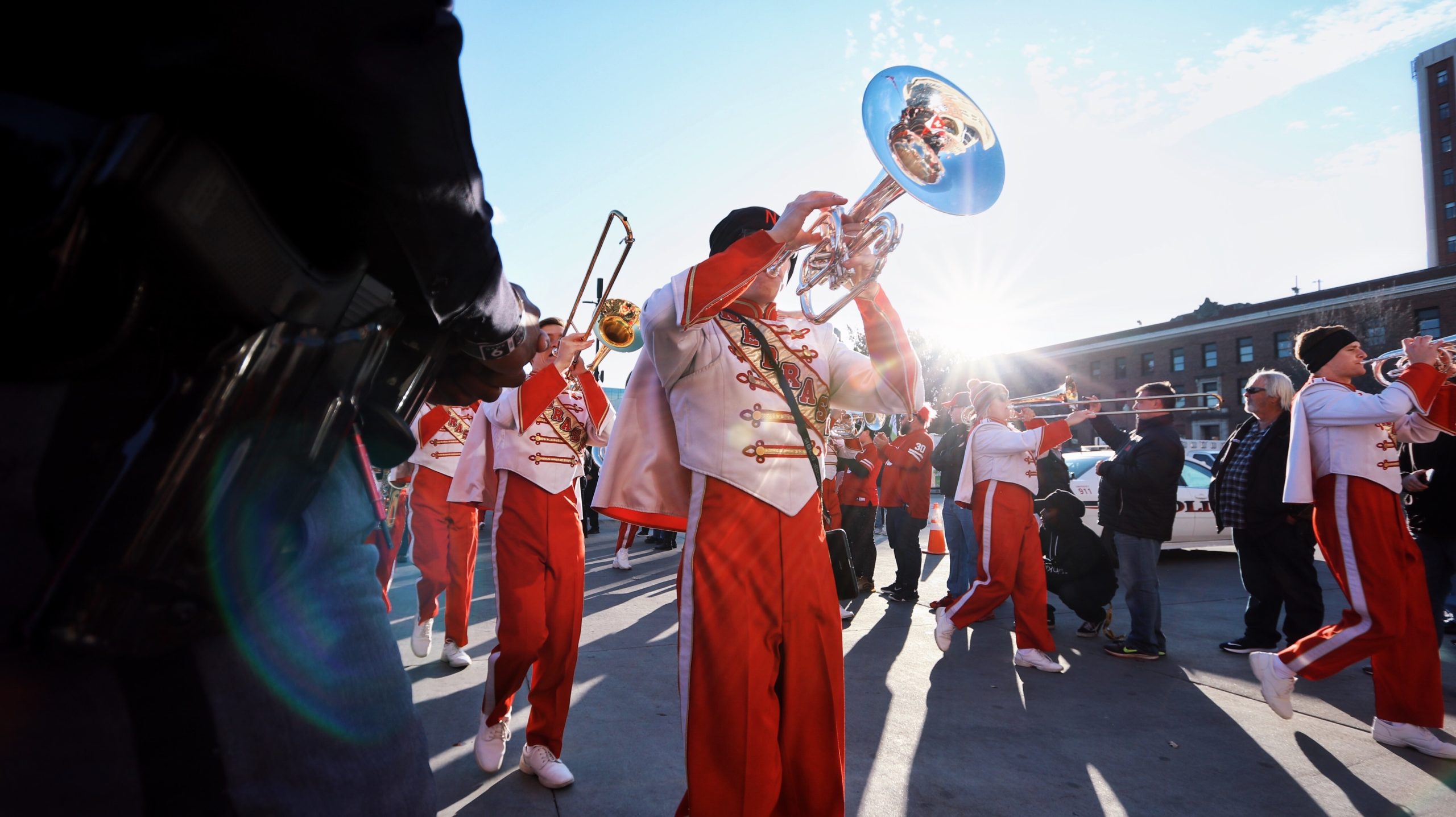How Should Music Teachers Prepare Students for Live Performances?
Live performances play a crucial role in the development of music students. These opportunities not only showcase their talent but also provide valuable experiences that can shape their future careers. As a music teacher, it is essential to prepare your students thoroughly for live performances to ensure they are confident, skillful, and ready to shine on stage.
In this article, you will explore various strategies and approaches that you can employ to effectively prepare your students for live performances.
Creating a Performance-Ready Music Curriculum
To prepare students for live performances, music teachers must design a curriculum that encompasses all aspects of performance readiness. This includes a balanced focus on technique, musicality, and stage presence. Incorporating regular practice sessions, ensemble rehearsals, and individualized instruction can help students develop the necessary skills to excel on stage. It is important to create a curriculum that is tailored to each student’s needs, ensuring they receive the right guidance and support throughout their musical journey.
Selecting Appropriate Repertoire for Live Performances
Choosing the right repertoire is key to ensuring a successful live performance. Music teachers should consider the skill level, interests, and strengths of their students when selecting pieces for them to perform. It is important to strike a balance between challenging the students and ensuring they feel comfortable with the material. By selecting repertoire that is suitable for their abilities, students will be motivated to practice and improve their skills, leading to a more polished performance.
Additionally, music teachers should expose their students to a diverse range of musical genres and styles. This not only broadens their musical horizons but also equips them with a versatile repertoire that can cater to different performance opportunities. Encouraging students to explore various genres and styles helps them develop a well-rounded musicality and adaptability that is valuable in the world of live performances.
Developing Performance Skills Through Regular Practice and Rehearsal
Regular practice and rehearsal are essential for students to develop their performance skills. Music teachers should guide their students in establishing effective practice routines that focus on technique, interpretation, and memorization. Emphasizing the importance of consistent practice encourages students to take ownership of their musical progress and ensures they are well-prepared for live performances.
In addition to individual practice, ensemble rehearsals play a crucial role in preparing students for live performances. Collaborating with other musicians not only enhances their ensemble performance skills but also cultivates teamwork, communication, and listening skills. Music teachers should create opportunities for students to participate in ensemble performances, such as chamber groups or school ensembles, to foster a sense of camaraderie and collective achievement.
Nurturing Confidence and Stage Presence in Music Students
Confidence and stage presence are essential attributes for any musician performing live. Music teachers play a vital role in nurturing these qualities in their students. They should create a supportive and encouraging environment where students feel safe to take risks and express themselves. Offering constructive feedback and celebrating achievements helps build students’ confidence and motivates them to strive for excellence.
Additionally, music teachers can incorporate activities that focus specifically on stage presence and performance confidence. These activities may include mock auditions, public speaking exercises, or workshops on stage etiquette. By addressing these aspects directly, music teachers can help students develop a strong stage presence that captivates the audience and enhances their overall performance.
Evaluating and Assessing Student Performance Readiness
Regular evaluation and assessment are crucial to gauge students’ performance readiness. Music teachers should establish clear criteria and benchmarks to assess students’ progress. This can include technical proficiency, musical interpretation, stage presence, and overall musicianship. Providing students with specific feedback on their strengths and areas for improvement allows them to focus their practice and refine their skills.
In addition to individual assessments, music teachers can also implement peer evaluations and self-assessments. Peer evaluations encourage students to actively listen to and critique their peers’ performances, fostering a culture of collaboration and constructive feedback. Self-assessments enable students to reflect on their own performances, identify areas for growth, and set personal goals for improvement.
Why Is Preparation Important?
Preparing music students for live performances can provide them with numerous benefits. Firstly, it helps them develop confidence and stage presence. By regularly performing in front of an audience, students learn to overcome stage fright and become more comfortable with being the center of attention. This confidence can then translate into other areas of their lives, boosting their self-esteem and overall performance.
Secondly, live performances allow students to showcase their talents. Whether your students are doing recitals, marching band performance tours, concerts, or competitions, live performing will give them the opportunity to showcase their talents and dedication to music. Lastly, performing live helps students build a strong work ethic and discipline. They learn the importance of regular practice and preparation, as well as the need for professionalism and punctuality. Overall, preparing music students for live performances not only enhances their musical abilities but also equips them with important life skills.
Conclusion
Preparing students for live performances is a multifaceted task that requires careful planning, dedication, and a student-centered approach. By employing the above strategies, music teachers can effectively prepare their students for the challenges and joys of live performances. Through these efforts, music students can develop into confident, skilled, and expressive performers who are ready to make their mark on the stage.



